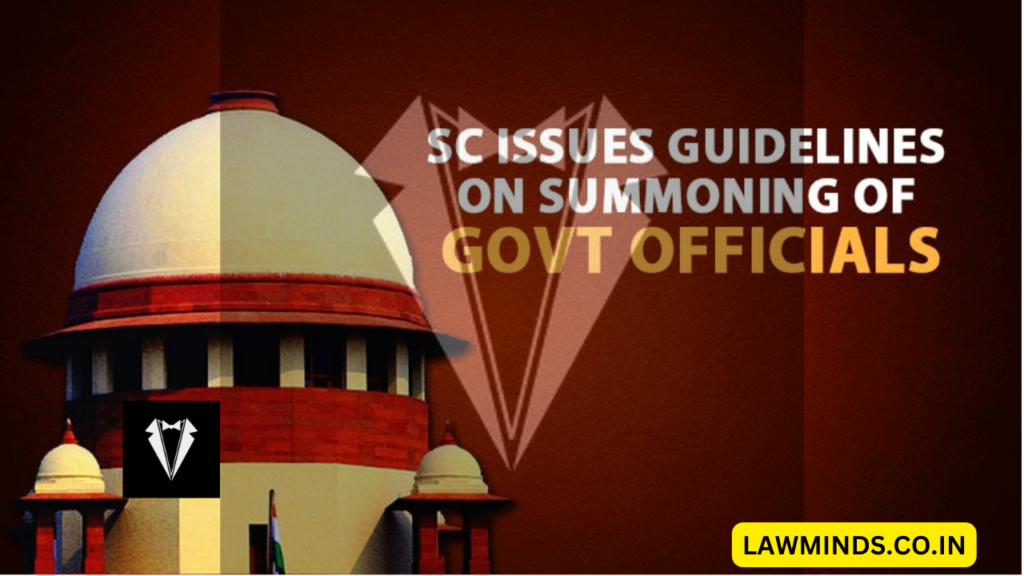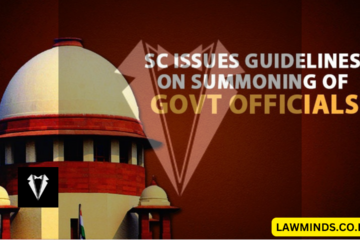In a significant development on Wednesday, the Supreme Court established a comprehensive Standard Operating Procedure (SOP), outlining guidelines for the personal appearance of government officials in court. The court emphasized that summoning officials solely to exert pressure under the threat of contempt is impermissible.
The bench, comprising Chief Justice of India D Y Chandrachud and Justices J B Pardiwala and Manoj Misra, directed all High Courts to consider formulating rules to regulate the appearance of officials, taking into account the newly established SOP. The court stressed that if issues can be effectively addressed through affidavits and other documents, the routine direction for personal presence should be avoided.
Additionally, the bench advised that courts may seek personal appearances through video conferencing if necessary, while emphasizing reliance on affidavits. It urged courts to refrain from making humiliating remarks regarding government officers’ appearance, dress, educational qualifications, etc.
The court underscored that the power of criminal contempt should not be invoked against officials in a routine manner. It stated that summoning officials repeatedly, instead of relying on government law officers, goes against the constitutional scheme.
The Supreme Court also overturned a contempt action taken by the Allahabad High Court against state government officials for non-compliance with its directions regarding the provision of domestic help and other facilities for retired judges. Notably, on April 20, 2023, the top court had directed the immediate release of senior IAS officers Uttar Pradesh’s Finance Secretary S M A Rizvi and Special Secretary, Finance Saryu Prasad Mishra. They were taken into custody on April 19, 2023, based on the Allahabad High Court’s order related to providing domestic help and other facilities to retired Chief Justices and other judges. The Supreme Court had also stayed the High Court’s division bench order seeking the personal presence of the Chief Secretary before the court on April 20, 2023, to explain why contempt of court charges should not be framed against them.




